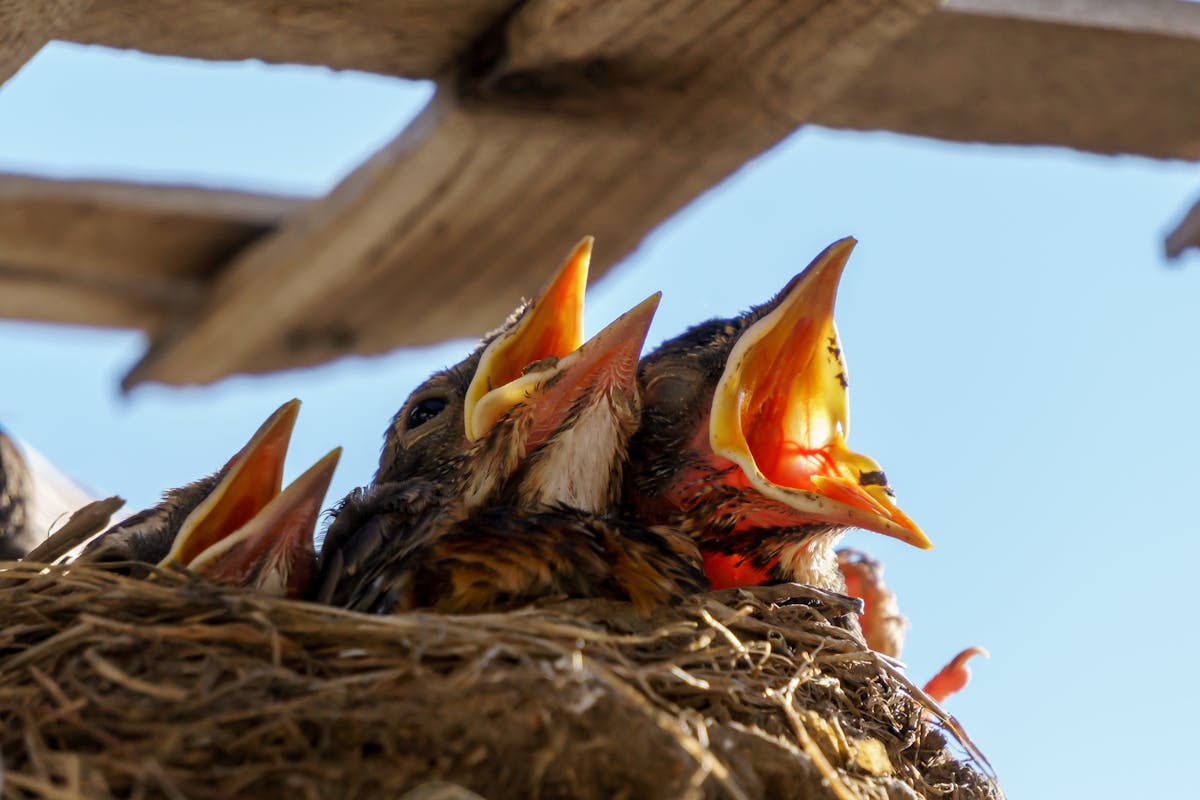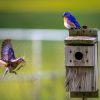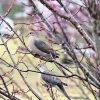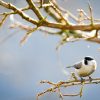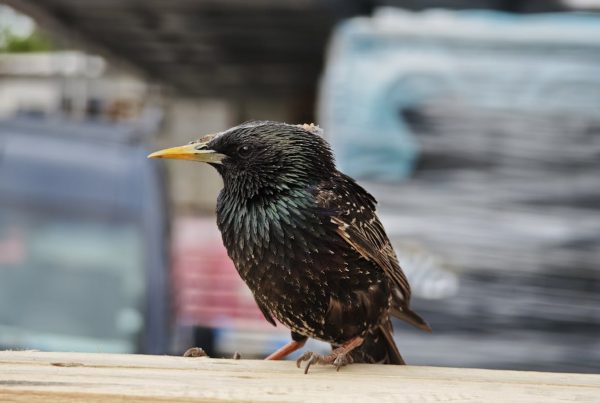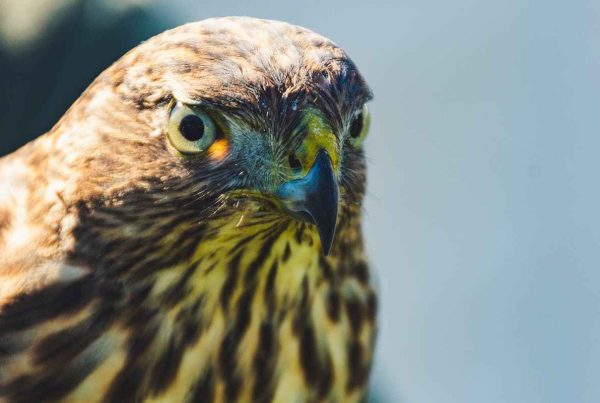Definitions (Cuckoo Bird Baby):
-
-

Cuckoo Bird Baby
- Alive: An organism that is not inanimate.
- Average (In Science): The average is the mean of numbers. To find it, add up all the numbers. Then, divide the total by how many numbers there are.
- Biology studies living things. Scientists in this field are known as biologists.
- Circadian: A group of related animals appearing in a specific region at the same time.
- Incubation: The act of tending to and hatching eggs.
- Residual Care: The remains or by-products of an animal.
- Collided: A type of freshwater fish known in the commercial aquarium trade. The family has at least 1,650 species. Many of these are eaten. The highest variety is found in Africa and South America.
- Clay: A fine-grained material that, when wet, can be molded. When heated, it hardens and becomes fragile, making it useful for ceramics and bricks.
- Crow: A large black bird with a complex social structure, known for its strong call.
- Protection (in Biology): A way to defend against threats. It can be a natural behavior or a chemical response.
- Environment: The total of all conditions around an organism or process. This includes climate, temperature, and moisture.
- Evolution (adj. evolutive): Gradual genetic changes in organisms over generations, leading to new traits.
- False: Something fake or deceptive. For example, faux fur is synthetic and not from animals.
- Fledgling: The first stage when a young bird develops wings and becomes capable of flight.
- Foraging: Seeking food, commonly referring to grazing animals like cows and horses.
- Gene (adj. A DNA segment that codes for proteins, which comes from parents. It affects traits.
- Generation: A group of individuals born around the same time within a species. For example, parents belong to one generation, while their children belong to the next.
- Hatchling: A newly hatched animal from an egg.
- Model: A simulation of real-world events, typically using computers, to predict outcomes.
- Parasitism: A relationship in which one species benefits at the expense of another. Examples include ticks and fleas.
- Predator (adj. predatory): An animal that hunts others for food.
- Not possible to remove the adverb. In mathematics, it refers to the possible values of a function.
- Risk: The probability of a harmful event occurring. For example, exposure to radiation increases cancer risk.
- Species: A group of similar organisms capable of reproducing viable offspring.
- Strategy: A well-thought-out plan to achieve a goal.
- Subtle: A characteristic that is important but difficult to perceive.
-

Cuckoo Bird Baby Letter
Cuckoo Bird Baby – Birdwatchers’ General Store
Dear Bird Enthusiasts,
Cuckoo Bird Baby exhibit fascinating behaviors. Some species, like cuckoos, engage in brood parasitism, where they lay eggs in the nests of other birds. This leads to scenarios in which an unsuspecting host bird raises a chick that is not its own.
A cuckoo watches a host bird build its nest and lay eggs. When the host bird leaves, the cuckoo seizes one of the host’s eggs and replaces it with its own. The cuckoo egg usually hatches first. The chick then pushes the other eggs out of the nest. This way, it gets all the food from the host parents.
This strategy is effective because cuckoo chicks resemble the host species’ young. Some birds spot and reject foreign eggs. But cuckoos have adapted to mimic the color and pattern of the host’s eggs. This ensures a higher success rate for their parasitic behavior.
In North America, brown-headed cowbirds exhibit a similar parasitic nesting habit. However, host birds sometimes recognize and remove cowbird eggs. Cuckoos are picky about choosing host species. They pick those whose eggs look a lot like theirs. This raises the chance of successful parasitism.
Nature’s ingenuity never ceases to amaze!



